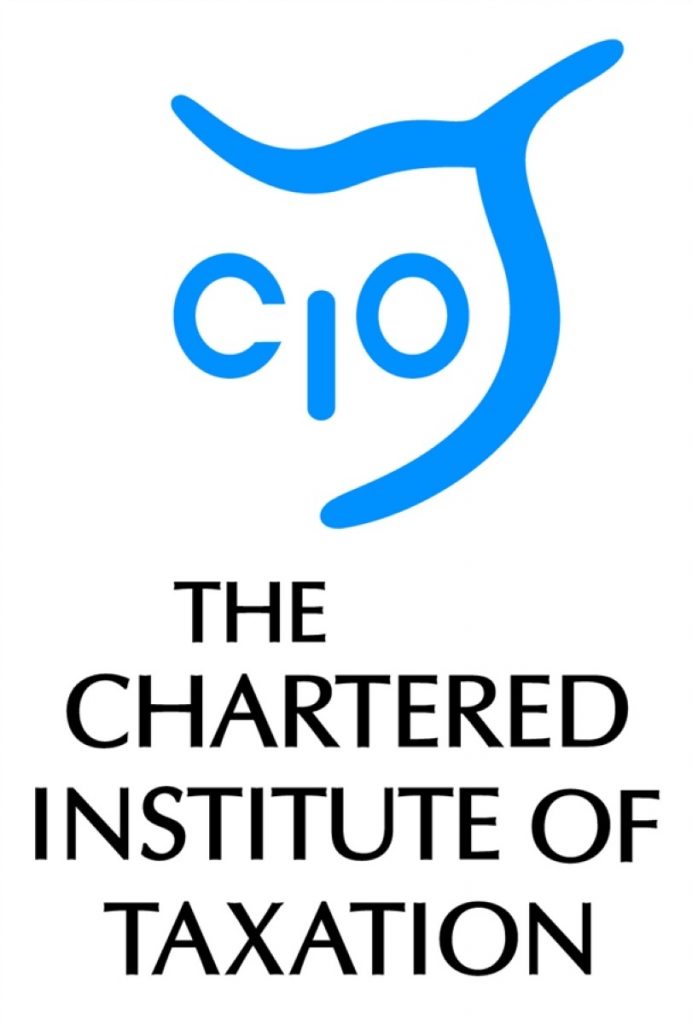CIOT: Tax credits – few changes but more investigative checks on the way
The Low Incomes Tax Reform Group (LITRG) has commented on the tax credit elements of today’s Autumn Statement.
There were few changes to tax credits above those already announced. The basic element and 30 hour elements of working tax credit (WTC) remain frozen; the disability elements in WTC and child tax credit (CTC) rise in line with the CPI measure of inflation; and the remaining elements increase by 1%.
The second income threshold – that is, the income level at which tax credits begin to be withdrawn from those claiming CTC only – goes up by a small amount to £15,910, having dropped substantially between 2010/11 and 2011/12 and been frozen in 2012/13.
LITRG Technical Director, Robin Williamson, commented:
“The rise of one per cent is not generous but, as the Chancellor said, it probably makes for greater fairness to those working in the public sector and seeing equally low pay increases. Against that, the very modest increases in the child element of CTC and the second income threshold will do little to tackle child poverty, while freezing the basic and 30 hour elements of WTC will do even less to make work pay.
“Meanwhile, HMRC will step up their investigations into tax credits claims. A common failing of such investigations so far has been a one-size-fits-all approach which tends to ignore the subtleties of an intensely complex system, leading to far too many claimants being deprived of entitlements which are rightfully theirs.
“Of the total amount attributable to ‘fraud and error’ in tax credits, about two-thirds is accountable for by error, one-third by fraud. And yet, HMRC’s strategy is almost exclusively reliant on anti-fraud measures. A more productive approach, and one that would enable HMRC to achieve its targets more effectively, would be to devote more resources to educating claimants to avoiding error in the first place.
“HMRC must also pay more attention to analysing where they themselves make mistakes in administering the system (official error), a problem about which they remain in denial.”
Notes to editors
The Low Incomes Tax Reform Group (LITRG) is an initiative of the Chartered Institute of Taxation (CIOT) to give a voice to the unrepresented. Since 1998 LITRG has been working to improve the policy and processes of the tax, tax credits and associated welfare systems for the benefit of those on low incomes.
The CIOT is a charity and the leading professional body in the United Kingdom concerned solely with taxation. The CIOT’s primary purpose is to promote education and study of the administration and practice of taxation. One of the key aims is to achieve a better, more efficient, tax system for all affected by it – taxpayers, advisers and the authorities. The CIOT’s 16,500 members have the practising title of ‘Chartered Tax Adviser’ and the designatory letters ‘CTA’.
George Crozier
External Relations Manager
D: +44 (0)20 7340 0569
M: +44 (0)7740 477374
The Chartered Institute of Taxation
Registered charity number 1037771
www.tax.org.uk
The Association of Taxation Technicians
Registered charity number 803480
Registered company number 2418331
VAT Registration Number 497 5390 90
www.att.org.uk
Low Incomes Tax Reform Group – an initiative of the Chartered Institute of Taxation
www.litrg.org.uk
1st Floor, Artillery House, 11-19 Artillery Row, London SW1P 1RT





-01.png)